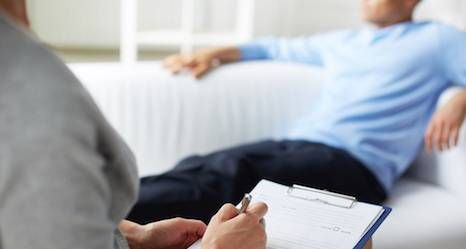
Books for Beginning Bibliotherapy
A while back I wrote a post here about my real-life encounter with a bibliotherapist. (Someone who uses books as part of a therapeutic approach to mental health and general well-being.) It was an experience I would recommend to anyone who loves literature and who has a lot of feels. Or, conversely, anyone who loves literature and does not enjoy talking about their feels and so enjoys deflecting emotions onto fictional characters. Not that I would know anything about that. Obviously.
But if you don’t have a bibliotherapist nearby, or are already content with your mental health practitioner and would like to look into some bookish prescriptions of your own, here is a list of texts that will help guide you through the process of incorporating literature into your therapy regimen.
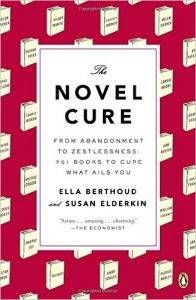
This is such a lovely volume. Partly serious, partly tongue-in-cheek, these two bibliotherapists (whose practice is based at the School of Life in London) offer an exhaustive list of books that provide insightful strategies to deal with everything from romantic turmoil to family drama to mild (and not-so-mild) illness. Flipping through the pages is a wonderful reminder that even the most fictional of fiction makes a meaningful and lasting companion in real life.
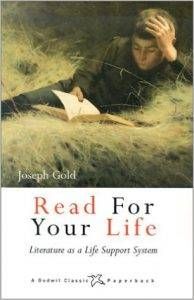
With expertise both in the academic study of literature and in clinical therapy, Gold is really well-positioned to explain why reading good books is a healthy pastime. (Not that you’d have trouble convincing us.) Contrary to most academics, he suggests that you stop thinking about how to interpret the meaning of a book intellectually, and instead try to enjoy figuring out what it is that a story, character, theme, or setting mean for you. While these books don’t offer a detailed guide to practicing bibliotherapy for yourself, they do offer some useful general insight into ways you can approach your reading life not just as a fun way to spend your spare time but as something integral to developing the self.
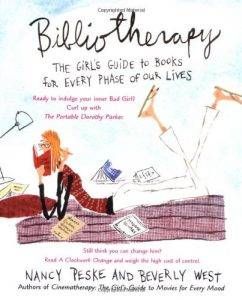
I don’t know a single woman who couldn’t tell you, off the top of her head and with not a moment of hesitation, which classic novel couple her romantic relationship resembles, which pair of literary girlfriends she identifies with, and which literary mother-daughter relationship is close to her own. Which is why I really like this book about books, written by gals for gals. It’s a wonderful place to start if you’re wondering which texts to consult for getting through womanhood’s major events, relationships, challenges and transitions. As a therapeutic approach, it’s less clinical and more like a long coffee date with your BFF.
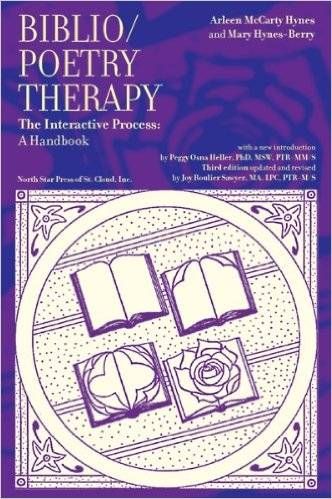
This volume is an interactive handbook that will actually walk your through the steps of practicing bibliotherapy. It is a book that is mainly meant for clinicians, and is a commonly used text for training, but if you’re willing to be patient with the academic tone and material, it does offer good advice you can put into personal practice.
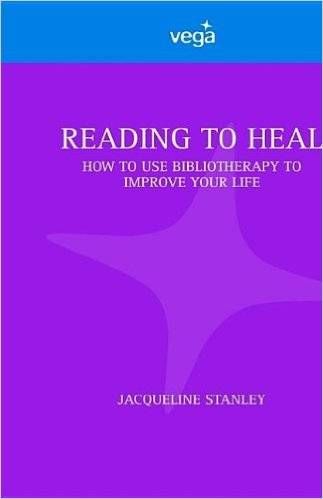
Offering a more personal approach, the author compiles a lot of useful reading lists, and presents many different approaches to help you gear your casual reading into a more purposeful process for healing and development.
Bibliotherapy by Linda Karges-Bone
If you are looking to use bibliotherapy with children – either your own kids or students – this book offers a lot of advice on how to approach reading with little (and not-so-little) ones. In fact, it’s worth noting that if you regularly read to a kid in your life, you are probably already engaged in a basic form of bibliotherapy, because reading with kids often involves encouraging kids to reflect on how the story at hand relates to their own lives/feelings.











